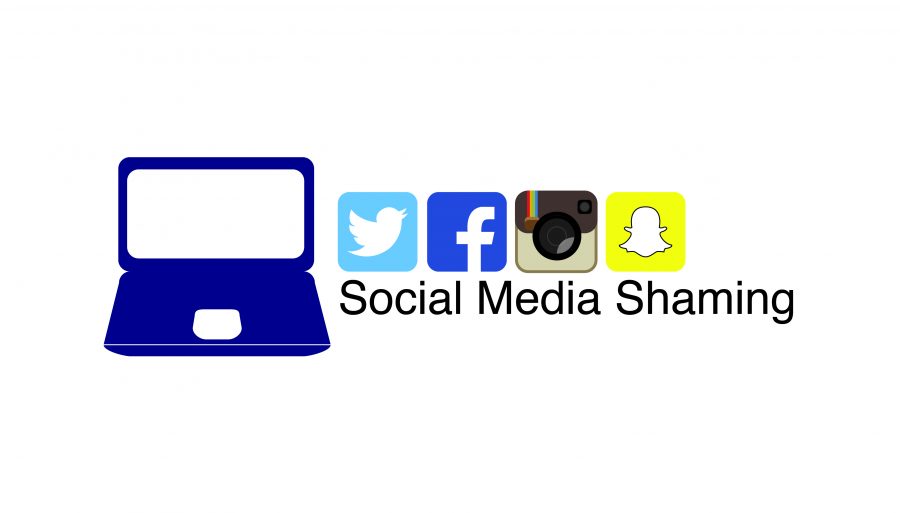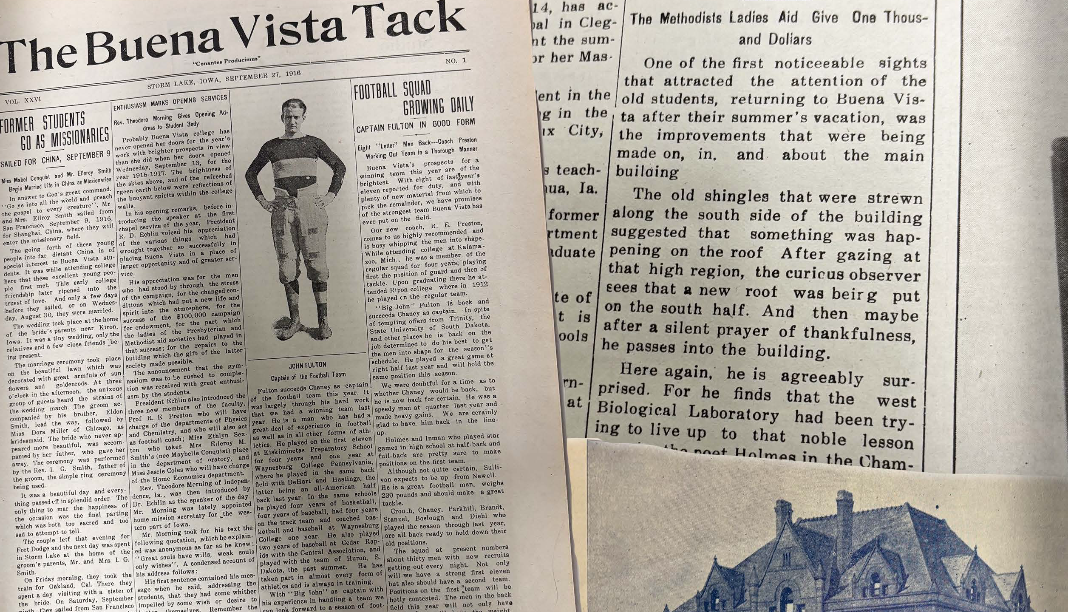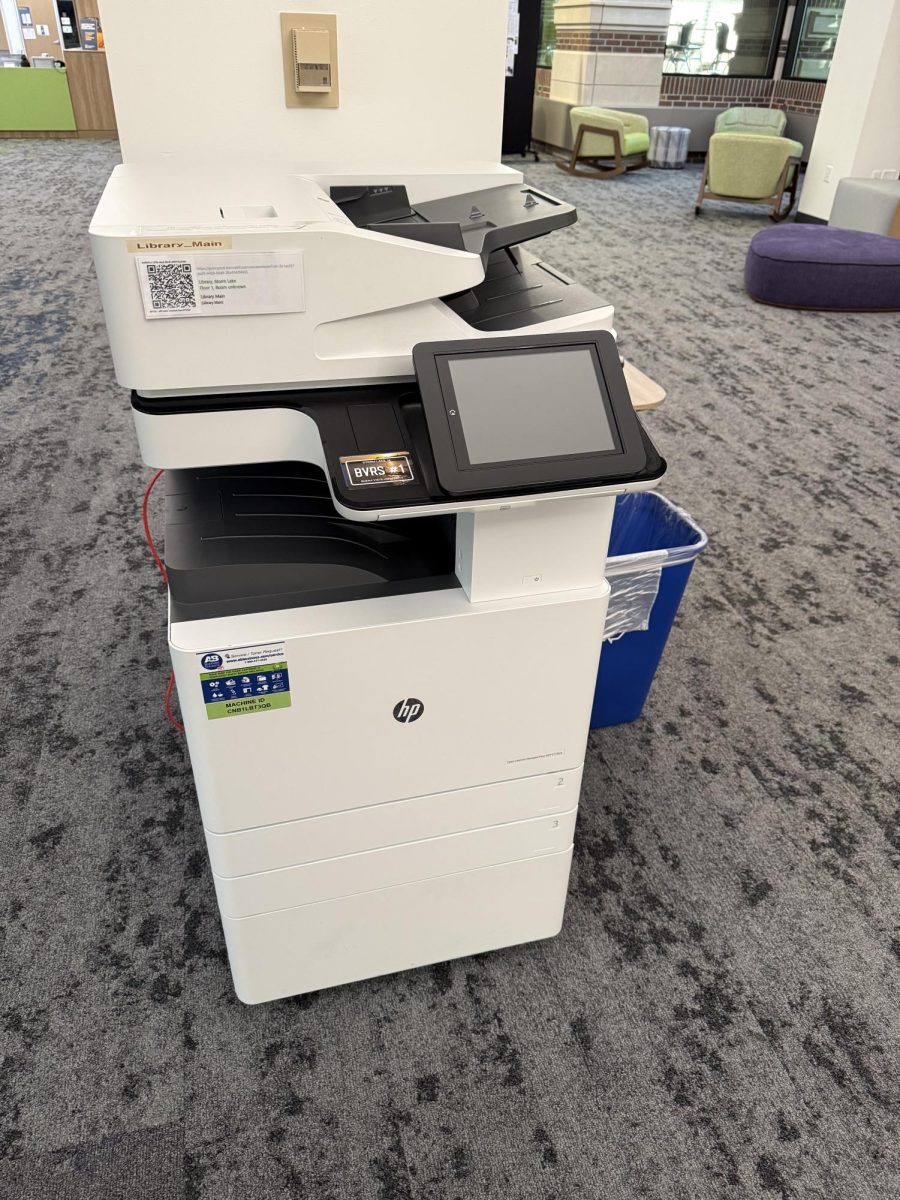Shame on online shaming
April 29, 2016
In the age of social media and the Internet, privacy has become a topic of concern and debate: Is anything that we post online private? Should it be? Should users who post online just accept that they can’t control who sees what they post or how they interpret it?
Almost everyone who uses social media has seen a viral post or read a news story about someone who tweeted, face booked, or instagramed an offensive or particularly stupid sentiment and was subsequently mocked, humiliated, and in many cases fired from their jobs. Justine Sacco was a public relations executive who tweeted something offensive to her personal Twitter and was then torn apart by other users. She was fired from her job and continued to be harassed online. While Sacco’s tweet was offensive and in poor taste, the punishment she received by social media users did not fit the crime.
Adam Mark Smith, the CFO who uploaded a video of himself protesting Chick-Fil-A’s anti same-sex marriage stance at a drive-thru, lost his career over the video and received bomb threats. His personal information was also released and the safety of his family was questioned. The video shows him raising his voice at a Chick-Fil-A employee in an attempt to take a stand on the company’s recent statements on same-sex marriage. Smith spoke harshly to the worker, which is where a lot of the backlash came from online. Smith later regretted the video and made an apology video to try and reconcile the situation. However, even after showing he was sorry for the actions he had done, the video and the comments people made towards him still haunted him.
Our culture of online shaming that has been created and perpetuated by social media platforms has humiliated and disgraced many people and potentially ruined their lives. People make mistakes, and while in most of these cases the post is offensive or problematic, the constant mocking and abuse via social media often goes too far. People are more than their mistakes and they should be allowed to apologize, learn from their mistakes and move on, but social media users often don’t allow for that to happen.
While I believe people should always think before they speak and before they post, people shouldn’t live in fear thinking that anything they say or do online can potentially be misconstrued and ruin their lives, even after a sincere apology. Social media is a great tool when it is used to connect with others and create change. However, it also gives people a platform to speak and have their voice heard. That power can go to one’s head and create the shaming culture that we have now.
Graphic by Nic Gibson







